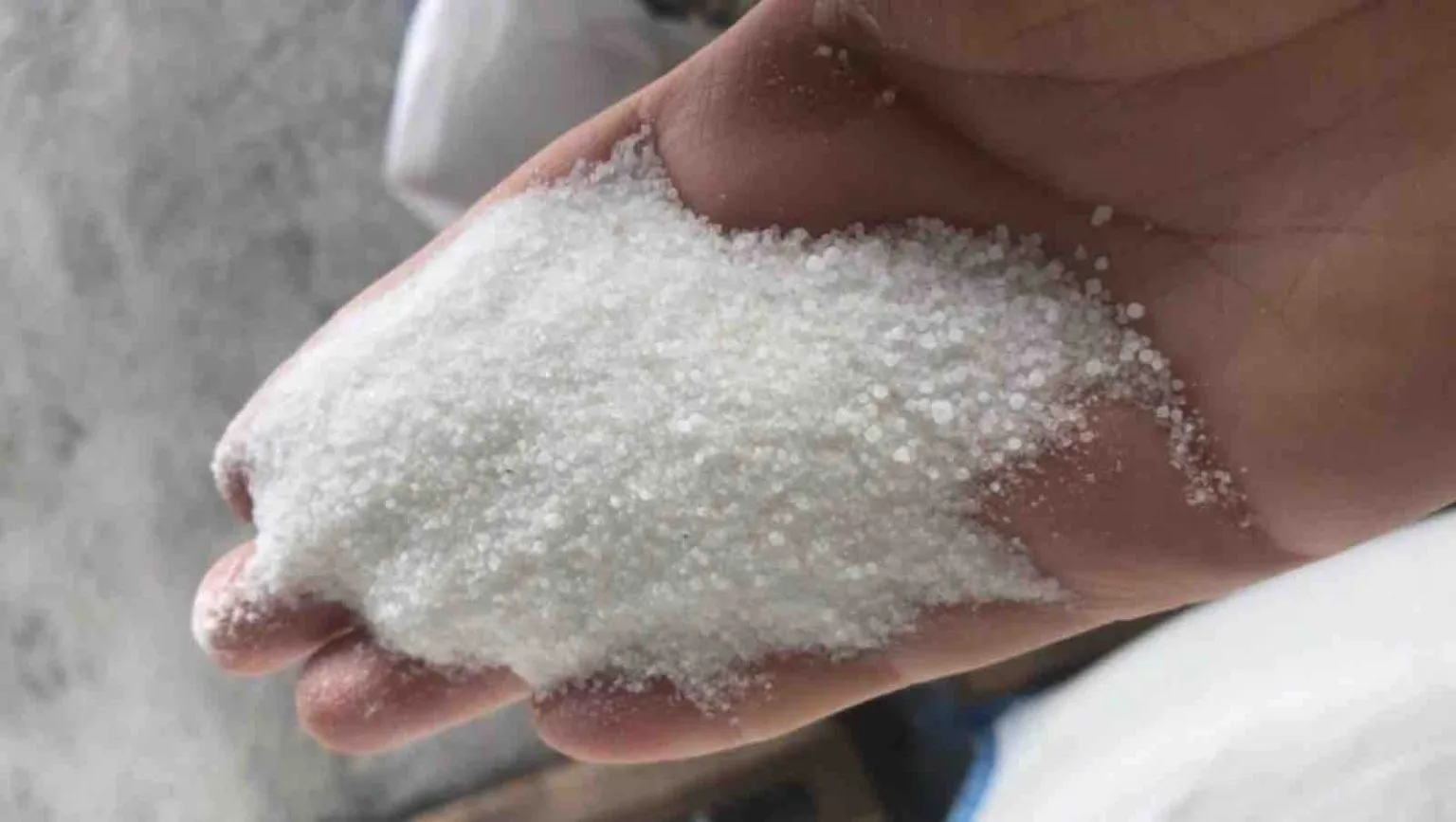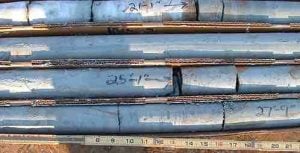
Potassium chloride (KCl) plays a crucial role in mud drilling, serving as a key component in the formulation of drilling fluids. Here are several reasons why potassium chloride is widely used in mud drilling:
KCL Stabilizing Viscosity
KCl is effective in stabilizing the viscosity of drilling mud. This helps in maintaining the necessary fluid consistency, ensuring efficient drilling by promoting optimal hole-cleaning capabilities.
Technical Potassium chloride Preventing Differential Sticking
Potassium chloride is known for its ability to reduce the risk of differential sticking. By minimizing friction between the drill pipe and the wellbore, KCl helps prevent the drill pipe from becoming stuck during the drilling process.
Enhancing Shale Inhibition
KCl contributes to the inhibition of shale formations. This is particularly valuable in preventing the swelling and dispersion of shales, which can otherwise lead to wellbore instability and drilling challenges.
Environmental Considerations
Potassium chloride is favored for its environmental friendliness. As an alternative to certain other chemical additives, KCl aligns with eco-conscious drilling practices, meeting environmental standards without compromising drilling performance.
Compatibility with Formation Fluids
KCl is compatible with a wide range of formation fluids encountered during drilling. This versatility makes it a suitable choice for various drilling conditions and geological formations.
Density Control
The addition of potassium chloride allows for density control of the drilling mud. This is essential for managing wellbore pressure and preventing issues such as blowouts.
Cost-Effective Solution
As a cost-effective drilling fluid additive, potassium chloride provides an economical solution without compromising the overall performance of the drilling mud. Its strategic use contributes to overall cost savings in drilling operations.
Compatibility with Formation Minerals
KCl exhibits compatibility with various formation minerals, making it an ideal choice for drilling in diverse geological conditions. Its ability to work seamlessly with different formations adds to its versatility and reliability in the field.
Minimizing Formation Damage by potassium chloride
The use of potassium chloride helps minimize formation damage during drilling. This is crucial for maintaining the integrity of the reservoir and optimizing well productivity over the long term.
Ionic Strength Control
Potassium chloride contributes to controlling the ionic strength of the drilling fluid. This is essential for preventing clay swelling and maintaining the stability of the wellbore, especially in formations with sensitive clay minerals.
Reducing Formation Water Invasion
KCl assists in reducing formation water invasion by forming a protective barrier in the wellbore. This is vital for maintaining wellbore stability and preventing water influx, which can compromise drilling efficiency and the overall success of the well.
Improved Core Recovery
In coring operations, potassium chloride aids in achieving better core recovery by minimizing core damage. This is critical for obtaining accurate geological information from the recovered cores, contributing to a more comprehensive understanding of the subsurface formations.
Non-Damaging to Reservoir Permeability
KCl is known for its non-damaging characteristics to reservoir permeability. This ensures that the productive capacity of the reservoir is preserved during and after drilling, optimizing the overall performance of the well.
Effective Temperature Stability
Potassium chloride maintains its effectiveness across a broad range of temperatures, making it suitable for drilling in both conventional and high-temperature environments. Its stability under varying conditions adds to its reliability in challenging drilling scenarios.
Regulatory Compliance
Potassium chloride aligns with industry regulations and standards, making it a preferred choice for companies committed to adhering to environmental and safety guidelines. Its use reflects a dedication to responsible drilling practices.
A: KCl is a soluble salt (potassium chloride) used in water-based drilling mud systems to inhibit shale and clay swelling. When added to the fluid, K⁺ ions replace other cations in clay platelets and reduce water ingress, helping maintain borehole stability.
A: Benefits include improved shale and clay inhibition (preventing swelling and sloughing), enhanced well-bore stability, compatibility with many water-based mud systems, the ability to control fluid density to some extent, and cost effectiveness relative to some specialty inhibitors.
A: Typical treatment levels for clay and shale inhibition range from about 2.5 % to 8.0 % by weight, depending on formation sensitivity and clay content. Higher dosages may be needed in highly reactive mud or shale.
